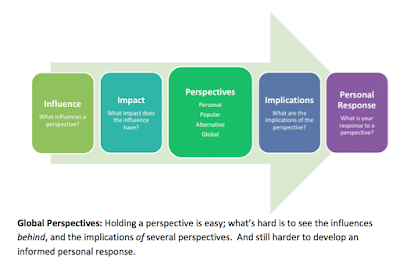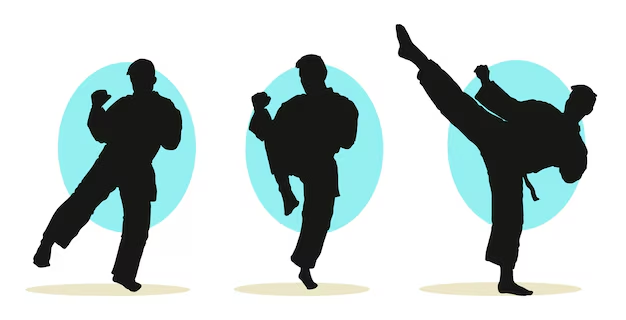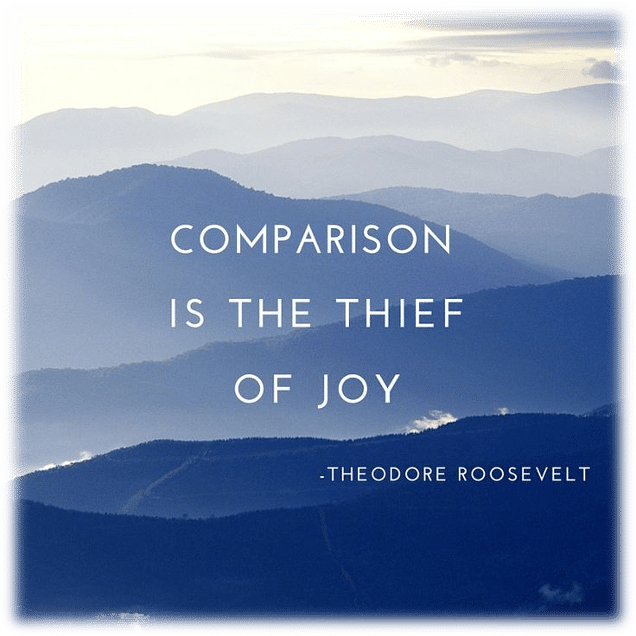
Last week I wrote on a topic very close to my heart; ensuring that students learn how to address genuinely complex questions so that we best prepare them for a future we cannot predict. Last week I explored one (of many) means we use with our Diploma Programme students. So the question then naturally arises – what about grades 9 and 10? How do we do the same for them, when as young and maturing minds, they are not entirely ready for the same degree of sophistication?
While every subject has it’s pedagogical ways of doing this, there is one grade 9, 10 course that is specifically designed to address this by dealing with multiple perspectives, in real and complex situations. From the number of questions we receive about this course, I think it’s widely misunderstood; and so this brief explains the purposes and value of Global Perspectives for students in grades 9 and 10, and I hope is of particular interest during this transition time from grade 8 into 9.
I am sometimes asked why we make Global Perspectives compulsory. My answer is three fold; firstly because it is so closely aligned with our Mission; secondly, because as a 100% coursework subject, it is so cognitively challenging, and thirdly because it aligned so closely with what this article and podcast from the Harvard Graduate School of Education suggests is the best preparation for later life. Of course, the three are hardly separable, in the big picture – but unlike the weighty and profound sounding Theory of Knowledge, perhaps Global Perspectives sounds a bit fluffy; almost current affairs. Nothing could be further from the truth! As shown by this essay on (the unlikely sounding topic of) fishmeal production in Peru and this essay on perspectives on cloning, you can see a remarkably sophisticated analysis on complex issues; and this at grade 10 level. The intellectual rigour here is on par with anything else in the curriculum, and ahead of a great deal.
Beyond the intellect, however, Global Perspectives extends to empowering students to be active drivers of action – perhaps a far more important component of success in later life. The Critical Project is a unique and remarkably ambitious aspect of the course, operationalising “Think Global, Act Local!” slogan we hear so often. Students have to study a Global Issue, develop it in a local context, and actually take action to address it. One group is looking at the global demographic issue of an aging population, with the ensuing strain of government resources, increased demands on health providers, cases of the aged living alone and vulnerable and so on. As well as researching the issues they are setting up a programme to spend time with the elderly in Tampines, to help them with shopping, for example, and seeking way of ensuring they are integrated with local communities. Another group is looking at global issue of socio-economic exclusion, and setting up a local service with disadvantaged kids who may be getting into petty crime; the idea is to bring them in to work with us in an effort to support their development.
So our students are learning not just about global issues, but seeing their local manifestations and – most importantly – understanding what we can do to address them. So this is not a vague matter of raising awareness, laudable as that often it. It’s far more concrete, and it’s far more important.
I find it somewhat ironic that there are those who would prepare for the different, exciting and fast-changing future with an education that is entirely rooted in 19th or 20th century ideas. Yes, we need traditional subjects; but they were developed before the systems thinking we need for a globalised world. So to any skeptics, I suggest the only thing worse than doing things differently would be doing them the same! And reading those essays above, I am struck by a sense of awe that our students are capable of this at such a young age; as with TOK, seeing work of this calibre fills me with confidence that our students will grow into wise users of knowledge, rather than victims of information. And they will indeed make a positive difference to the world, and be great successes with it.


